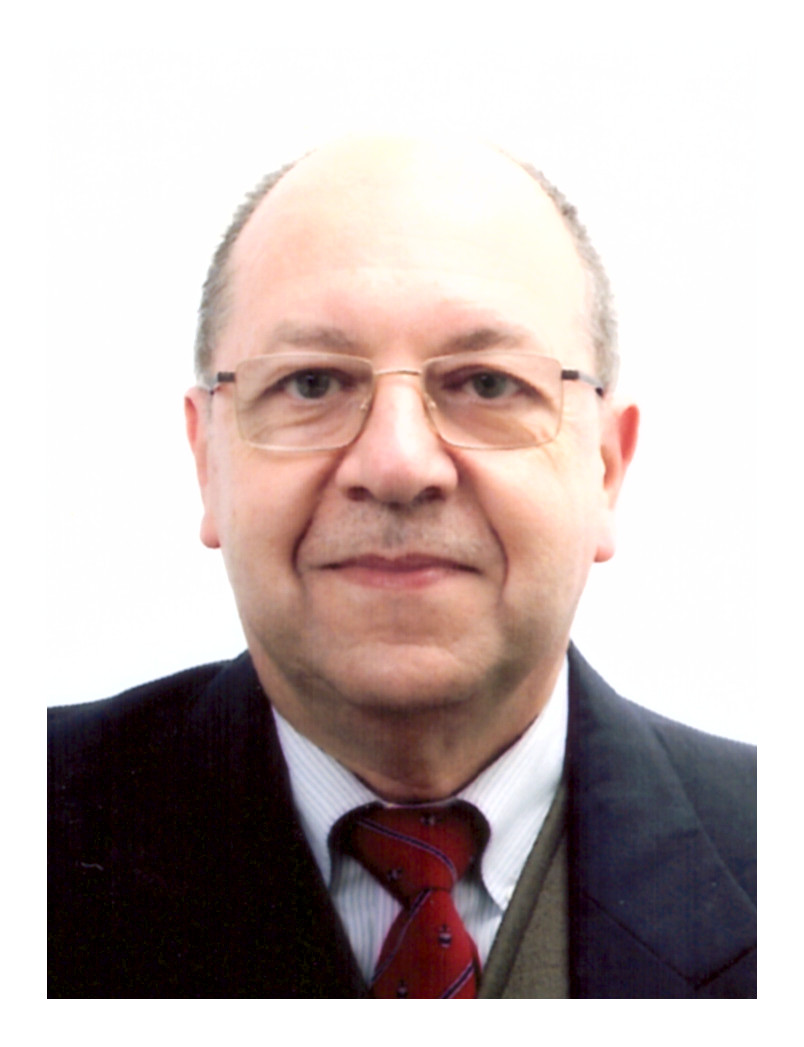【Lecture】Fractional Calculus: Fundamentals and Applications
Theme: Fractional Calculus: Fundamentals and Applications
Time: Wednesday, December 20, 2017 10:30-11:30 am
Location: RM A229, Aerospace Building
Lecturer: Professor J. A. Tenreiro Machado
Institute of Engineering, Polytechnic of Porto, Dept. of Electrical Engineering, Portugal
Bio:
J. A. Tenreiro Machado was born at 1957. He graduated with ‘Licenciatura’ (1980), PhD. (1989) and ‘Habilitation’ (1995), in Electrical and Computer Engineering at the University of Porto. During 1980-1998 he worked at the Dept. of Electrical and Computer Engineering of the University of Porto. Since 1998 he works at the Institute of Engineering, Polytechnic Institute of Porto. He is presently Principal Coordinator Professor at the Dept. of Electrical Engineering, Institute of Engineering, Polytechnic of Porto, Portugal. His researc h interests are: Complex systems, Nonlinear Dynamics, Fractional Calculus, Modelling, Control, Data series analysis, Biomathematics, Evolutionary Computing, Genomics, Robotics and Mechatronics, and Intelligent Transportation Systems. He published 96 chapters of international books, 330 papers in international journals, 96 chapters of international books, 362 papers in international conferences. He is the editor of 14 books. He is Editor-in-Chief of Journal of Applied Nonlinear Dynamics, Associate Editor of Nonlinear Dynamics (Springer), Communications Nonlinear Science and Numerical Simulation (Elsevier), Fractional Calculus and Applied Analysis (de Gruyter), Journal of Vibration and Control (Sage), Entropy (MDPI), Int. J. of Nonlinear Sciences and Numerical Simulation (de Gruyter), Applied Mathematical Modelling (Elsevier), Computational and Applied Mathematics (Springer), Acta Politechnica Hungarica, and others.

Abstract:
Fractional Calculus (FC) started in 1695 when L'Hôpital wrote a letter to Leibniz asking for the meaning of Dny for n = 1/2. Starting with the ideas of Leibniz many important mathematicians developed the theoretical concepts. By the beginning of the twentieth century Olivier Heaviside applied FC in the electrical engineering, but, the visionary and important contributions were forgotten. Only during the eighties FC emerged associated with phenomena such as fractal and chaos and, consequently, in nonlinear dynamical. In the last years, FC become 'new' tool for the analysis of dynamical systems. This lecture introduces the FC fundamental concepts and presents several applications in distinct areas of science and engineering.
Copyright© 2015 School of Aeronautics and Astronautics Email: SJTUSAA@sjtu.edu.cn
Technical Support: WeiCheng

